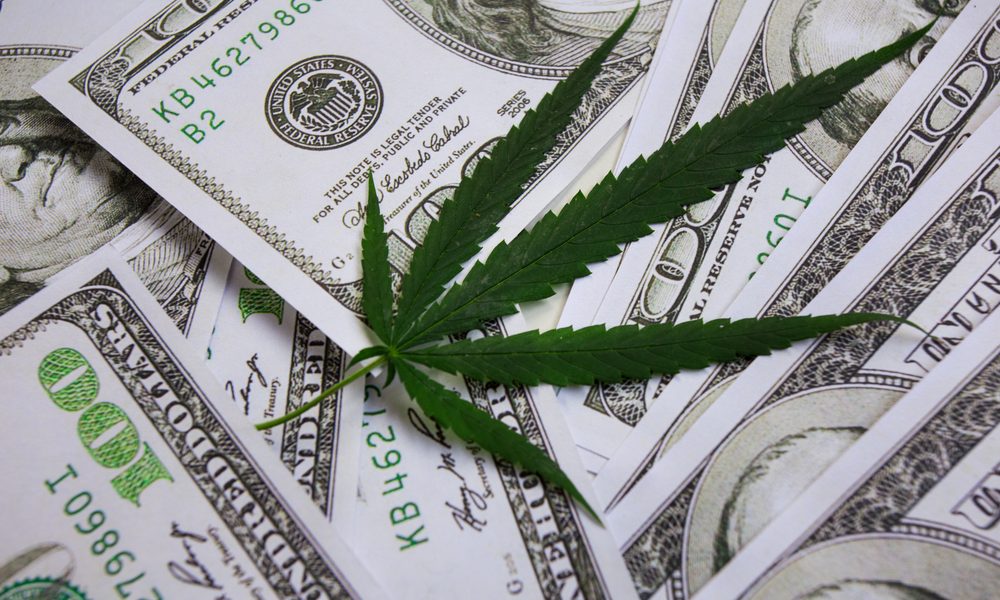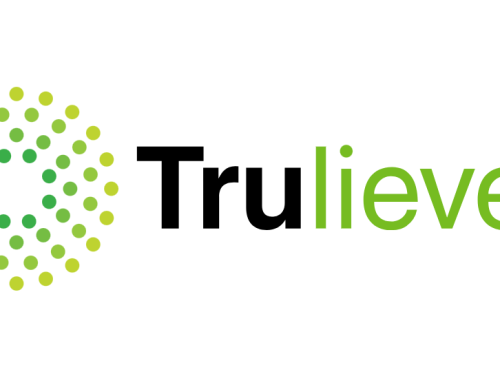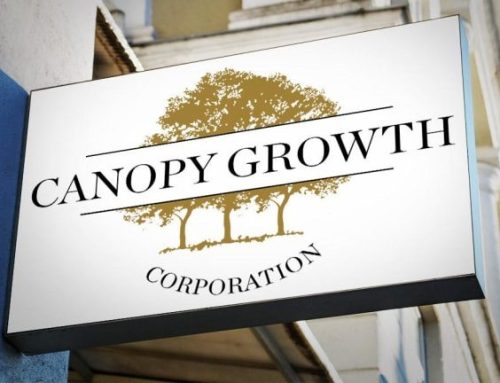Federal Cannabis Legalization: A Path to $8.5 Billion in Tax Revenue
LOS ANGELES- In a groundbreaking analysis, the Tax Foundation, a Washington D.C.-based think tank renowned for its insights on taxation, has released a report that casts new light on the potential fiscal benefits of federal cannabis legalization in the United States. According to the report, such a move could generate a staggering $8.5 billion in annual tax revenue, marking a significant shift in the nation’s approach to cannabis taxation and regulation.
The Tax Foundation’s model, as detailed in their report and initially covered by Marijuana Moment, advocates for a harmonized state and federal marijuana tax structure. This approach is designed to undercut illicit market sales by maintaining low costs, with a suggestion to impose higher rates on more potent cannabis products. The current disparate state-by-state taxation methods, largely based on sales price, have been criticized by the foundation as inefficient and disorganized. The report underscores the necessity of a well-crafted excise tax that minimizes societal impact while providing substantial fiscal benefits.
Drawing on experiences from states that have already legalized marijuana, the report outlines three crucial lessons for effective cannabis taxation:
- Competitive Tax Rates: To successfully displace the illicit market, cannabis tax rates need to be competitively low.
- Revenue Potential and Volatility: Legal marijuana markets hold the promise of significant revenue, but this may fluctuate and require time to stabilize.
- Interjurisdictional Consistency: Uniformity in tax structures is essential, particularly in light of the potential for interstate commerce in cannabis.
The Tax Foundation’s analysis sheds light on the impressive revenue generated by states that have legalized cannabis, with nearly $3 billion collected last year alone. This figure is projected to nearly triple should nationwide legalization occur. However, the foundation recognizes the unique challenges in taxing cannabis, especially when compared to alcohol and tobacco. Due to the variability in products and the complexity of measuring THC content, the foundation suggests taxation based on potency or weight as more effective methods, capturing externalities and adapting easily to emerging product types.
While cannabis remains federally illegal, the U.S. Census Bureau is keeping a close eye on state-level cannabis tax trends. Despite numerous legislative proposals in both the House and Senate, a consensus on federal legalization has yet to be reached.
Nevertheless, recent developments indicate a shift in federal perspective. In August, the U.S. Department of Health and Human Services recommended reclassifying cannabis from Schedule I to Schedule III under the Controlled Substances Act. This recommendation, now under review by the DEA, could pave the way for more decisive congressional action, though it does not immediately establish a federal framework for cannabis taxation. With Schedule III classification, cannabis would still be federally illegal but may prompt quicker legislative response, potentially unlocking new economic opportunities and paving the way for a more regulated and financially beneficial cannabis industry.



































